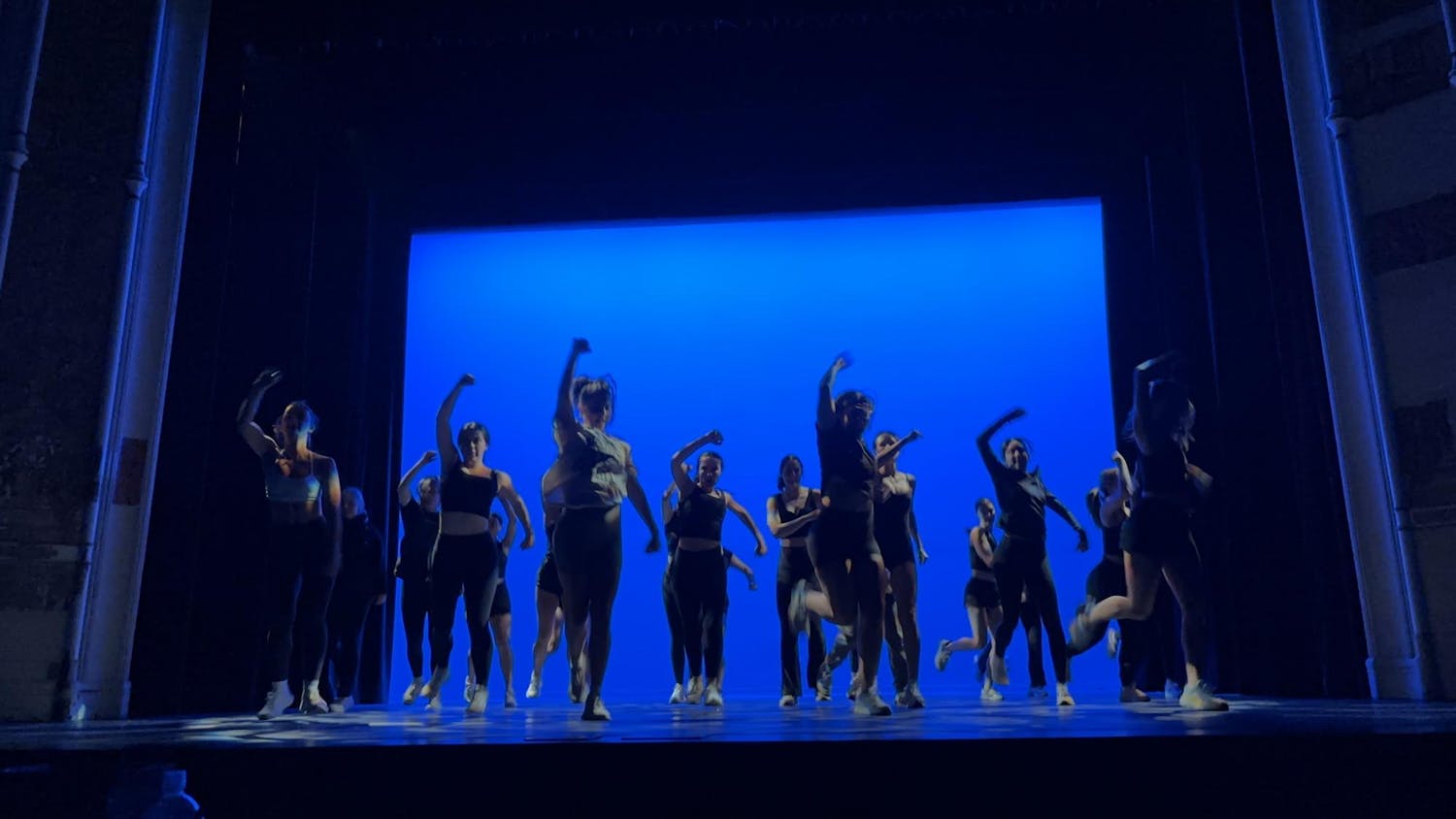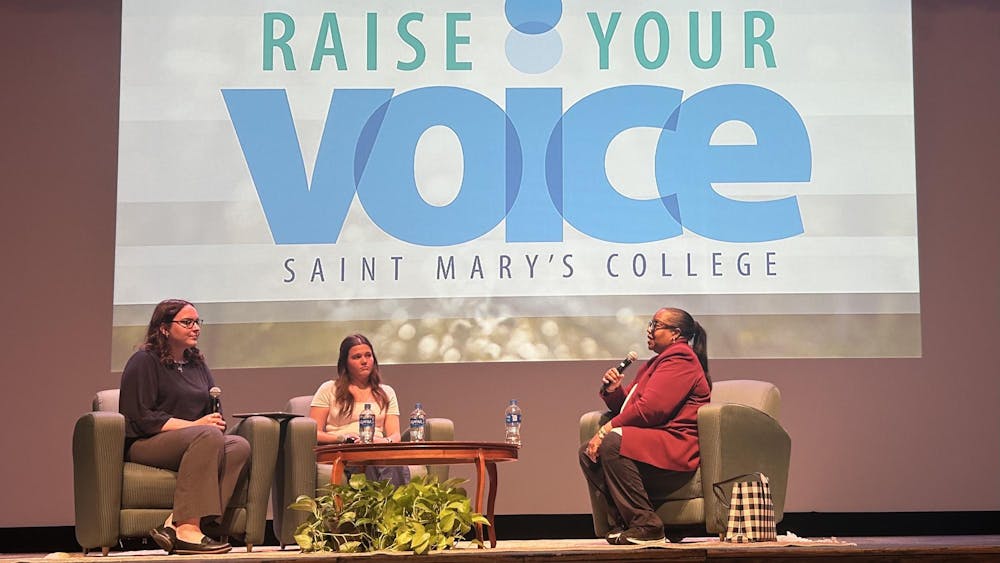College students should not feel the need to be constantly happy, Notre Dame philosophy Professor Alasdair MacIntyre said in the annual McMahon Aquinas lecture Wednesday evening at Saint Mary's.
The lecture, "How Truth Is Approached Through Error: Rereading Aquinas's Project at ‘Summa Theologiae' Ia-IIae, qq. 1 and 2," explored the teachings and writings of 13th century theologian Saint Thomas Aquinas.

MacIntyre began his lecture by discussing the way Aquinas approached philosophy.
He said Aquinas first introduced readers to the false conclusions reached by earlier philosophers in order to engage readers in an ongoing philosophical discussion.
"We as human beings are truth seekers," he said. Self-defeating, error-prone truth seekers."
MacIntyre explained how Aquinas examined the natural human tendency to desire happiness in the "Summa Theologiae."
To Aquinas, happiness was defined as an achievement of the virtues, particularly the Beatitudes, but as MacIntrye said, this is a difficult concept for 21st-centruy readers to understand.
"Happiness has become the name of a psychological state," he said.

MacIntyre said people are less happy because they have become "foolishly self-indulged." He said people have become "burdened by the notion of happiness" and feel ashamed to admit to being unhappy.
Instead, MacIntyre proposed that people, particularly college students, discredit the concept of needing to be happy at all times.
He said it is helpful to be unhappy because through displeasure with the current self, a person may then be motivated to grow in virtue.
Thomas Graff, a sophomore philosophy major at Notre Dame, said he enjoyed the lecture as an introduction to Aquinas.
"I appreciated [MacIntyre's] ability to not only effectively communicate the misconceptions of human happiness, but also to emphasize the importance of philosophy and virtue as primarily an individual pursuit," Graff said.












